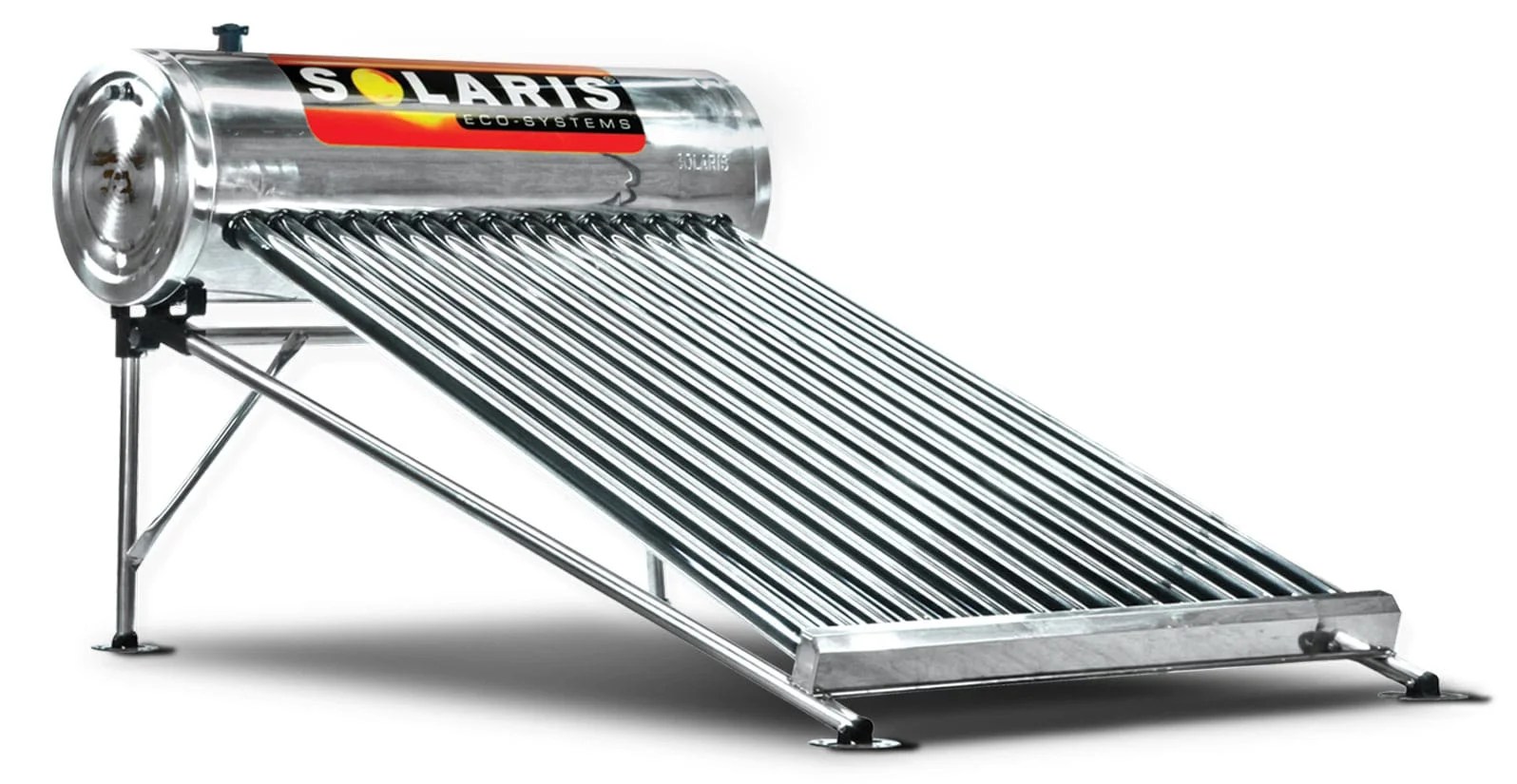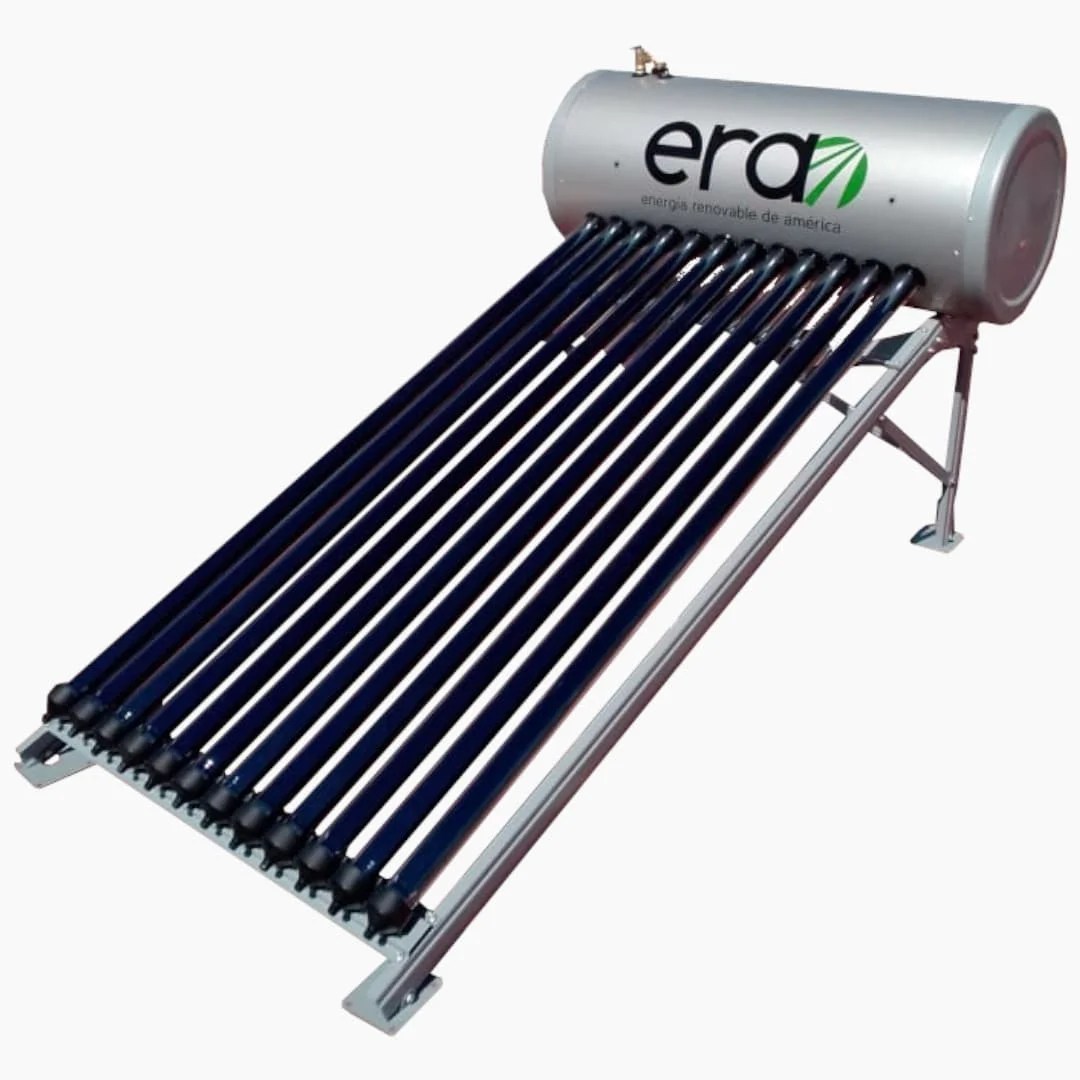The Future Of Eco-Friendly Heating Solutions
In recent years, the importance of sustainable energy sources has become increasingly evident, and one of the most promising solutions is the calentador solar, or solar water heater. This innovative technology harnesses the power of the sun to provide hot water for residential and commercial use, making it an ideal choice for those looking to reduce their carbon footprint and save on energy costs. With the growing awareness of climate change and the depletion of fossil fuels, the demand for renewable energy solutions like solar water heating has surged.
In this article, we will delve into the intricacies of calentador solar systems, exploring their functionality, benefits, and installation processes. We will also examine the various types of solar water heaters available in the market, their efficiency, and how they can significantly contribute to energy conservation. Whether you are a homeowner considering a solar water heater or simply interested in renewable energy technology, this comprehensive guide will provide you with valuable insights.
Moreover, we will discuss the financial implications of investing in a calentador solar, including potential savings on utility bills and available government incentives. By the end of this article, you will have a clear understanding of how solar water heaters work and why they are a wise investment for the future.
Table of Contents
What is a Solar Water Heater?
A solar water heater, or calentador solar, is a system that uses solar energy to heat water for various applications, including domestic hot water supply, swimming pools, and space heating. These systems typically consist of solar collectors, a storage tank, and a circulation system that moves the heated water to where it is needed.
Components of a Solar Water Heater
- Solar Collectors: These are designed to capture sunlight and convert it into heat. They can be classified into flat-plate collectors and evacuated tube collectors.
- Storage Tank: This tank holds the heated water until it is needed. The size of the tank can vary based on the household's hot water demand.
- Circulation System: This system moves the heated water from the collectors to the storage tank and then to the faucet or appliance using either a pump (active systems) or natural convection (passive systems).
Types of Solar Water Heaters
There are two main types of solar water heaters: active and passive systems. Understanding these types is crucial for selecting the right system for your needs.
Active Solar Water Heaters
Active solar water heaters use pumps to circulate water through the system. They are often more efficient than passive systems and can provide hot water even on cloudy days. Active systems can be further categorized into:
- Direct Circulation Systems: These systems are best suited for climates where temperatures rarely drop below freezing. They circulate household water through the collectors and into the home.
- Indirect Circulation Systems: These systems use a heat transfer fluid to absorb heat from the collectors, which is then transferred to the water in the storage tank. They are ideal for colder climates.
Passive Solar Water Heaters
Passive solar water heaters do not require pumps or controls, making them simpler and often less expensive to install. They rely on natural convection to circulate the water. Passive systems can be further divided into:
- Integral Collectors: These systems combine the collector and storage tank into one unit. They are most effective in warm climates.
- Thermosyphon Systems: These systems use the natural rise of heated water to circulate it from the collector to the storage tank.
Benefits of Solar Water Heaters
There are numerous advantages to installing a calentador solar, making it a compelling choice for homeowners and businesses alike. Here are some of the key benefits:
- Energy Cost Savings: Solar water heaters can significantly reduce your utility bills by providing a free source of energy from the sun.
- Environmental Impact: By using renewable energy, solar water heaters help decrease greenhouse gas emissions and reliance on fossil fuels.
- Low Maintenance: Solar water heating systems typically require less maintenance than conventional water heaters.
- Increased Property Value: Homes equipped with solar energy solutions often have higher resale values and are more attractive to buyers.
How Solar Water Heaters Work
The operation of a solar water heater is straightforward. The solar collectors absorb sunlight and convert it into heat, which is then transferred to the water. The heated water is stored in a tank until needed. Here’s a step-by-step breakdown of the process:
Installation Process of Solar Water Heaters
Installing a solar water heater involves several steps, and it's essential to work with a qualified professional to ensure proper setup. Here’s an overview of the installation process:
Cost and Savings of Solar Water Heaters
While the initial investment for a solar water heater can be higher than traditional systems, the long-term savings can be substantial. The cost of a solar water heating system typically ranges from $3,000 to $7,000, depending on the size and type of system. Here are some financial considerations:
- Utility Bill Reduction: Homeowners can expect to save between 50% to 80% on water heating costs.
- Payback Period: The average payback period for a solar water heater is generally between 5 to 10 years.
- Longevity: With proper maintenance, solar water heaters can last 15 to 20 years or more.
Government Incentives for Solar Water Heaters
Many governments offer incentives to encourage the adoption of solar energy solutions, including tax credits, rebates, and grants. In the United States, for example, the federal government provides a tax credit for solar water heating systems that can cover a significant portion of the installation cost. Additionally, many states and local governments have their own programs to promote renewable energy.
The Future of Solar Water Heating
The future of calentador solar technology looks promising as advancements continue to improve efficiency and reduce costs. With increasing awareness of environmental issues and the need for sustainable solutions, solar water heating systems are expected to gain even more traction in various markets worldwide.
Conclusion
In conclusion, a calentador solar represents a smart investment for anyone seeking to harness renewable energy for hot water needs. With numerous benefits, including cost savings, environmental friendliness, and low maintenance, it's no wonder that more homeowners and businesses are considering solar water heaters. As technology advances and incentives become more widespread, the adoption of solar water heating is likely to
Article Recommendations



ncG1vNJzZmilqZu8rbXAZ5qopV%2BcrrOwxKdtaJuRobKvwMCdpqtlo6S5or6NoaumpA%3D%3D